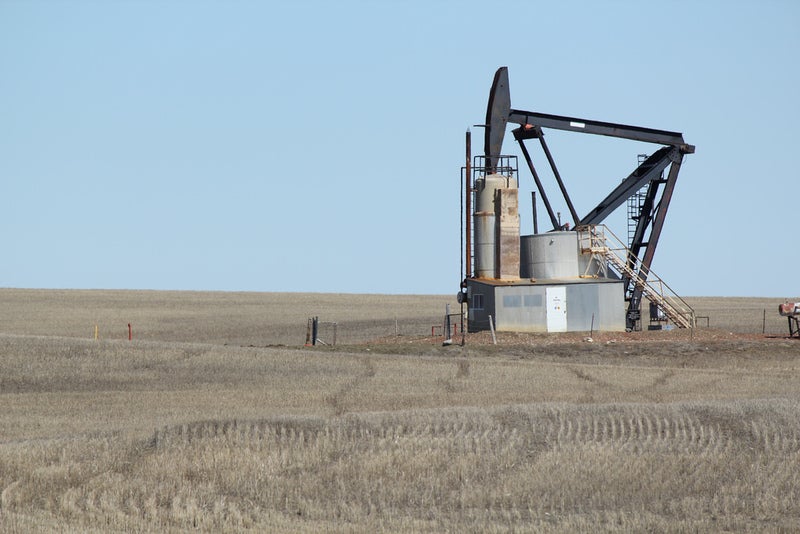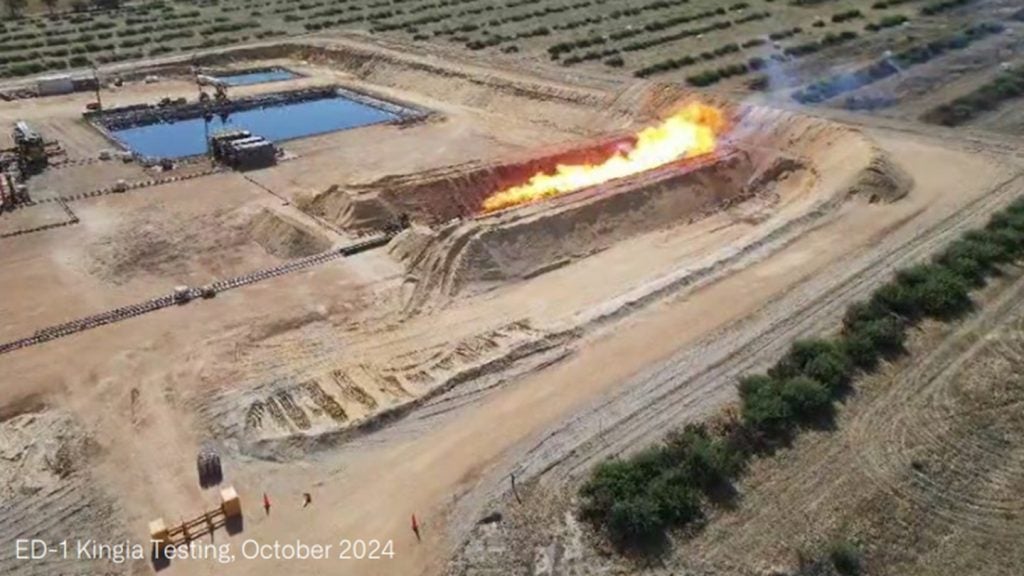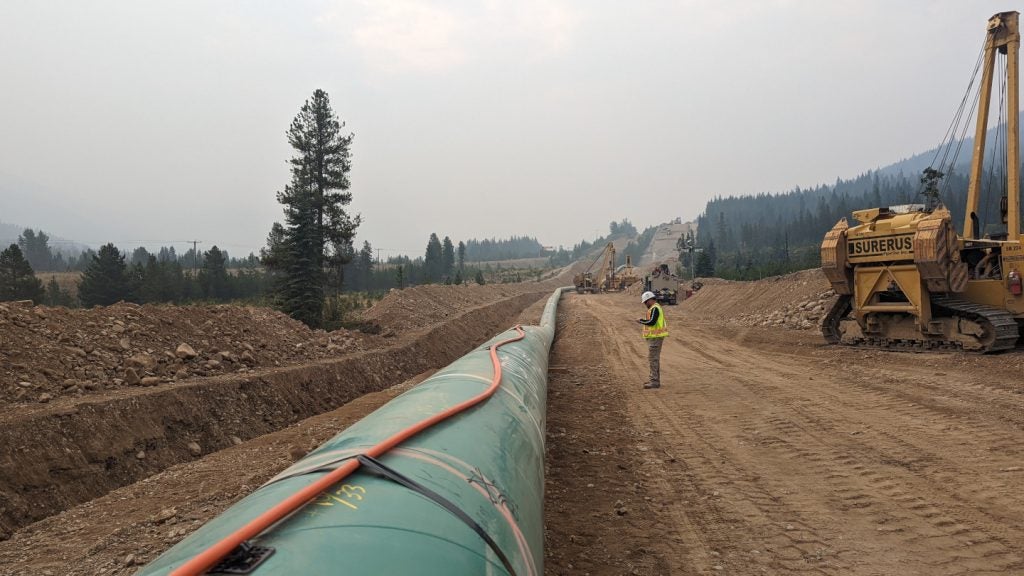
Oil prices have increased as markets tightened due to supply cuts led by the Organization of the Petroleum Exporting Countries (OPEC) and the US sanctions on Iran and Venezuela.
International Brent crude futures rose 38 cents at $61.89 per barrel, while US West Texas Intermediate (WTI) crude oil futures increased 28 cents at $52.69 per barrel, Reuters reported.
Analysts said markets are tightening due to voluntary production cuts led by the OPEC and US sanctions, thereby increasing oil prices.
Traders said that TransCanada’s closure of a stretch of its 590,000bpd Keystone pipeline from Nebraska to Illinois following an oil leak also helped increase WTI crude oil futures.
Occurring north of St. Charles near Highway C, the leak was estimated to be at least 43 barrels.
J.P. Morgan was quoted by Reuters as saying: “We believe that oil is not pricing in supply-side risks lately as markets are currently focused on US-China trade talks, ignoring the risks currently in place from the loss of Venezuelan barrels.”
How well do you really know your competitors?
Access the most comprehensive Company Profiles on the market, powered by GlobalData. Save hours of research. Gain competitive edge.

Thank you!
Your download email will arrive shortly
Not ready to buy yet? Download a free sample
We are confident about the unique quality of our Company Profiles. However, we want you to make the most beneficial decision for your business, so we offer a free sample that you can download by submitting the below form
By GlobalDataThe bank further added that in the event the trade talks between the US and China conclude with a positive outcome, oil markets would ‘switch attention from macro concerns impacting future demand growth to physical tightness and geopolitical risks impacting immediate supply’.
According to Bank of America Merrill Lynch, the global market share of OPEC would decline as its outright output drops to 29Mbpd in 2024 from 31.9Mbpd reported last year.
Growing crude supply in the US and a potential economic slowdown this year could also stabilise oil markets.
US bank Morgan Stanley said overproduction of gasoline is due to increased US crude oil production.







